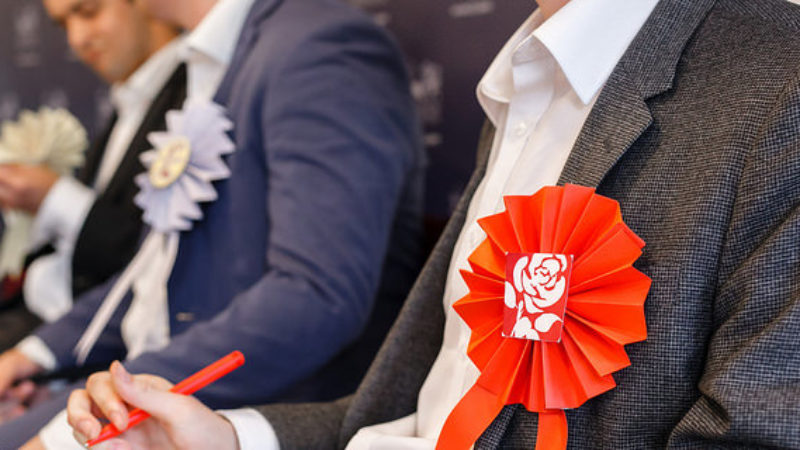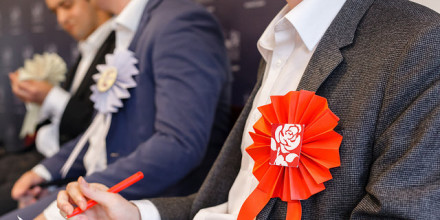
A party deeply divided. This is how the media portrays Labour and it plays directly into the hands of Cameron and Osborne, providing a welcome distraction from Tory internal battles over Europe.
This image is the product of three things. First, an unexpected general election result. While few predicted a Tory majority, there remains a real disappointment about what might have been. I know many are still coming to terms with a victory that was not to be. We can’t rewrite the past, but we risk more problems in future if we don’t dust ourselves off and rebuild fast.

Secondly, the leadership election. The decision to hold a longer contest was so lessons could be learned from our election defeat. Instead, far more energy has gone into propping up a favoured candidate to defend Labour in future than holding to account the first 100% Tory government since Blair’s landslide election about 18 years ago. It’s little wonder that the biggest successes thus far in this Parliament have come from the House of Lords led by the formidable Lady Angela Smith of Basildon.
Finally, the Welfare Bill. Harriet Harman’s decision was sensible: abstain on the Bill’s Second Reading so we can focus attention on crucial amendments ahead of future votes. Not everything in the Bill is objectionable and some it, like creating more apprenticeships, was a part of our election campaign manifesto. Instead of hamstringing the next Labour leader, better to leave options open and pursue meticulous line-by-line scrutiny in committee. Abstaining on the Bill now does not mean letting it pass. Nonetheless, more than 20% of Labour MPs broke the whip voting against the Bill anyway.
These three things have led to deep disagreements about why the election was lost, which candidate is most likely to lose the next election and flaring tempers over the Welfare Bill vote (and a vote we’ll soon forget by next month).
Debate is healthy and it can help revive a party in search of self-confidence and fresh ideas. But only where this is conducted in a spirit of shared commitment, that Labour’s best interests are our focus.
Perhaps our biggest problem is that an election campaign characterised by a surprising degree of welcome solidarity, too many seem keen to air dirty laundry in public. I don’t believe our party is as divided as the Tories and right wing press will tell us, but we must look to ourselves to better control our narrative.
In the 1960s, Ronald Reagan called on his fellow Republicans to honour the 11th Commandment: ‘Thou shalt not speak ill of any Republican’. This principle didn’t stop Reagan or anyone else from disagreeing with his fellow party members. But it did help keep their eyes on the prize—for whatever their differences, each shared a commitment to winning the next election.
I’m not one to favourably quote Reagan, but the Labour can learn lessons from this. We should begin by recognising our own rule: ‘Thou shalt not speak ill of any Labour Party candidate’. We should spend far more time airing our disagreements with the Tories than each other. And colleagues should keep in mind that what we say openly about party members can and will be used against us in future elections.
So let’s not do the Tories any favours. Our party will only be as divided as we want it to be. Let’s keep our eyes on the prize—winning the next election. Please.
Thom Brooks is Professor of Law and Government, a columnist for regional newspaper The Journal and Communications Lead for Sedgefield MP Phil Wilson




More from LabourList
Letters to the Editor – week ending 22 February 2026
‘The coastal towns where young people have been left behind by Whitehall’
‘How Labour is modernising transport in Wales with fairness at its heart’